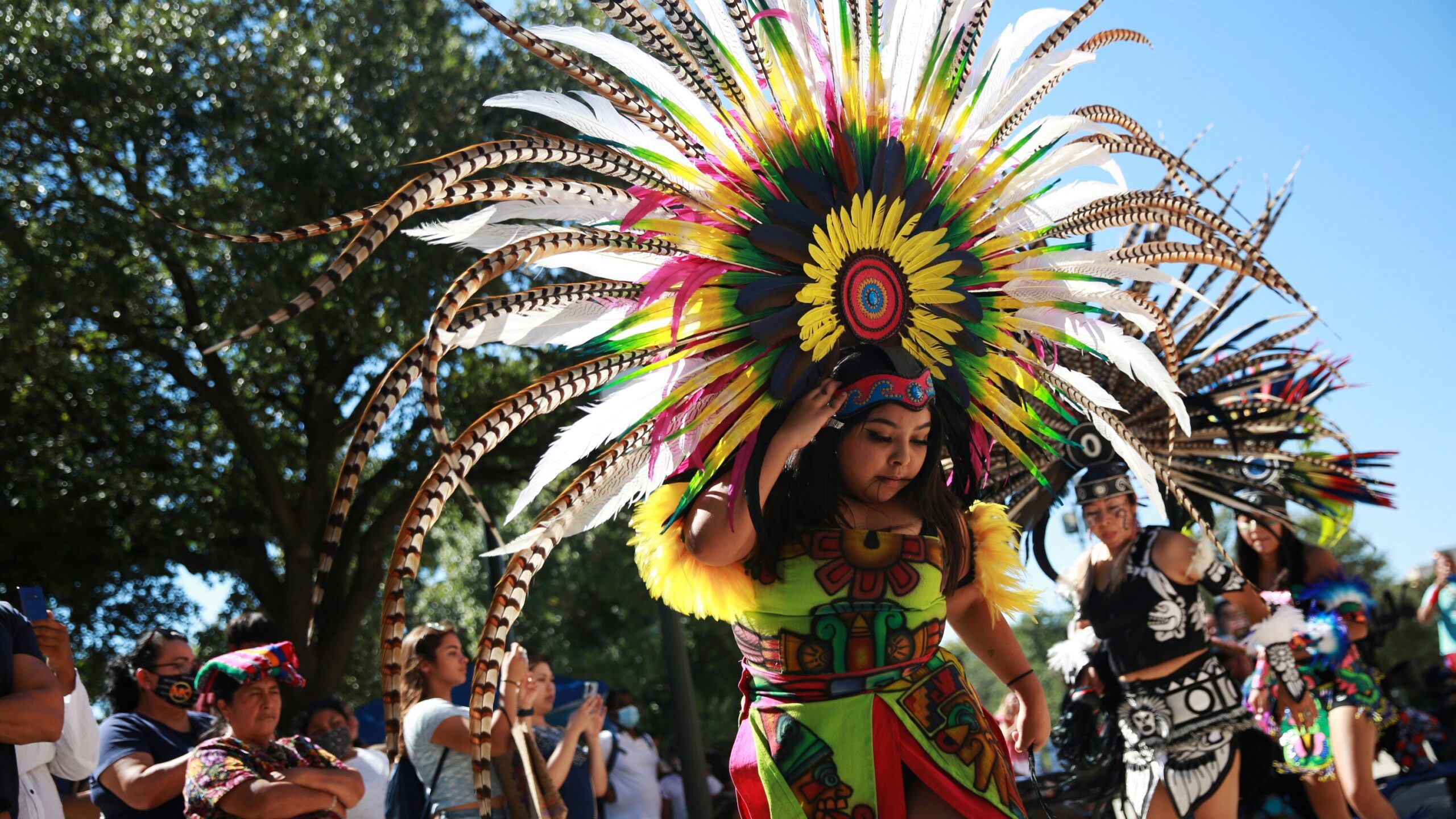
Indigenous Peoples Day 2024 offers a golden chance to instill values of respect and diversity in our young ones. Whether planning or looking for last-minute ideas, today’s article is packed with engaging and educational activities to make this important day a memorable learning journey for your family.
The History and Importance of Indigenous People Day
Indigenous People Day was initially conceived as a counter-celebration to Columbus Day, which many believe glorifies the colonization and mistreatment of indigenous populations. The day aims to shift the focus towards celebrating indigenous cultures’ rich tapestry, histories, and invaluable contributions to the world. It’s a day to honor the resilience and wisdom of indigenous people, who have preserved their cultures against all odds.
While kids might be excited about a day off from school, Indigenous People Day offers a golden opportunity for education outside the classroom. It’s a day to engage in meaningful conversations, to reflect on the importance of cultural diversity, and to educate ourselves and our children about the significance of respecting all cultures. It’s not just about acknowledging the past; it’s about shaping a more inclusive future.
Unfortunately, indigenous cultures are often misrepresented in the media, leading to harmful stereotypes. Indigenous Peoples Day serves as a corrective, a moment to challenge these stereotypes and offer a more nuanced and respectful understanding of Indigenous communities.
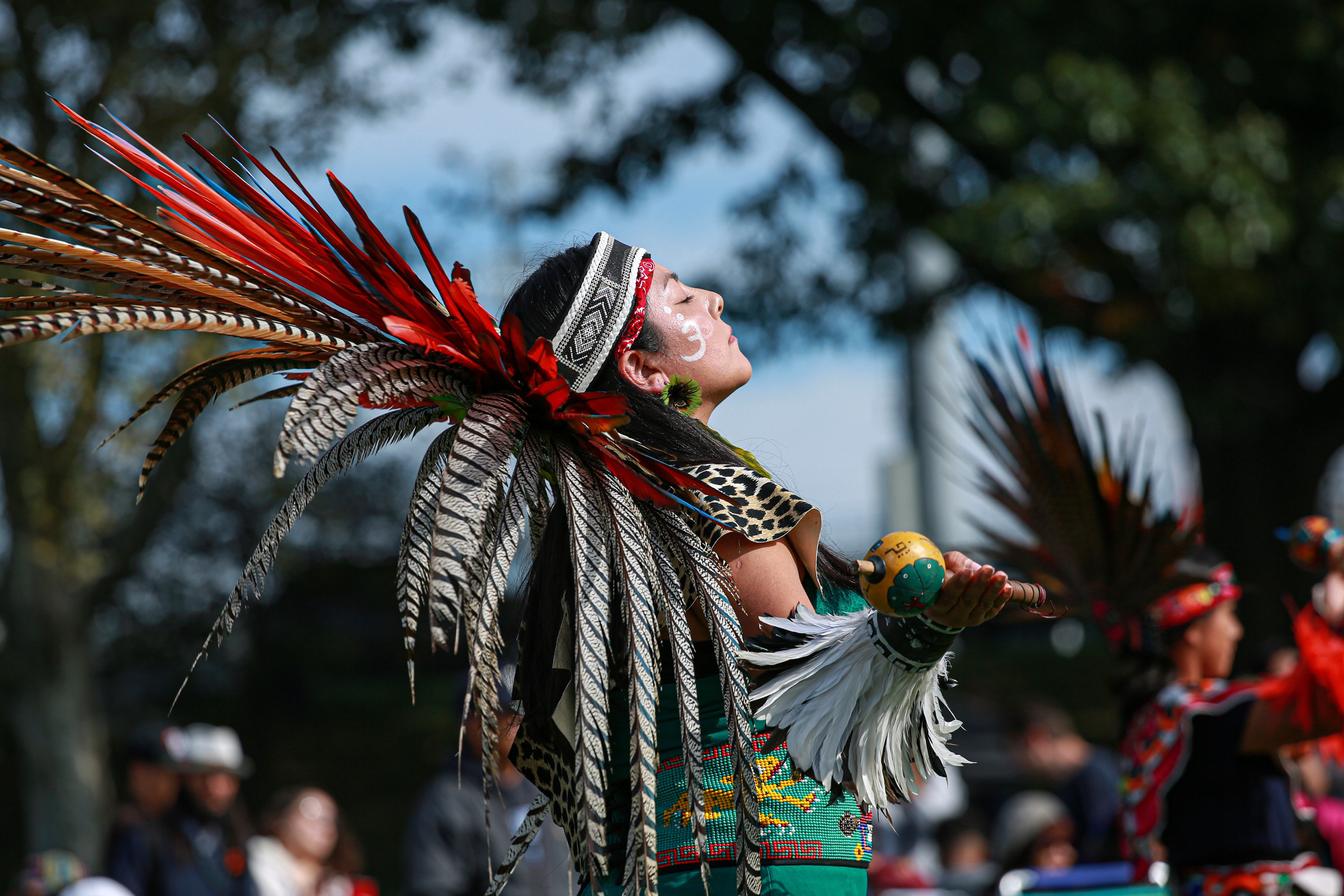
Why Should Children Learn About Indigenous Cultures?
Here, you can find some powerful reasons.
Formative Years, Lasting Impressions
Children are incredibly receptive during their formative years. The values and perspectives they are exposed to during this time often stick with them for life. Teaching them about indigenous cultures from a young age can shape their worldviews in a profoundly positive way, instilling in them values of respect, empathy, and open-mindedness.
Breaking Down Prejudices
Kids aren’t born with prejudices; they learn them. Early education about diverse cultures can prevent the formation of biases and stereotypes. It’s a proactive approach to fostering a more inclusive next generation.
Building Empathy
Understanding and respecting different cultures is a cornerstone of empathy. When children learn about the struggles and triumphs of indigenous people, they begin to see the world through others’ eyes, enriching their emotional intelligence.
Broadening Horizons
Cultural diversity is not just about co-existing; it’s about thriving together. Learning about different cultures expands children’s horizons and opens them up to many experiences, ideas, and traditions they might not encounter otherwise.
Preparing for a Multicultural World
We live in an increasingly globalized world. Our children will interact with people from diverse cultural backgrounds personally and professionally. Early exposure to cultural diversity prepares them for this reality, equipping them with the social skills they need to navigate a multicultural world successfully.
By investing time in teaching our children about indigenous cultures, especially in the context of Indigenous Peoples Day, we’re not just enriching their lives; we’re taking a step towards creating a more inclusive and respectful society for everyone.
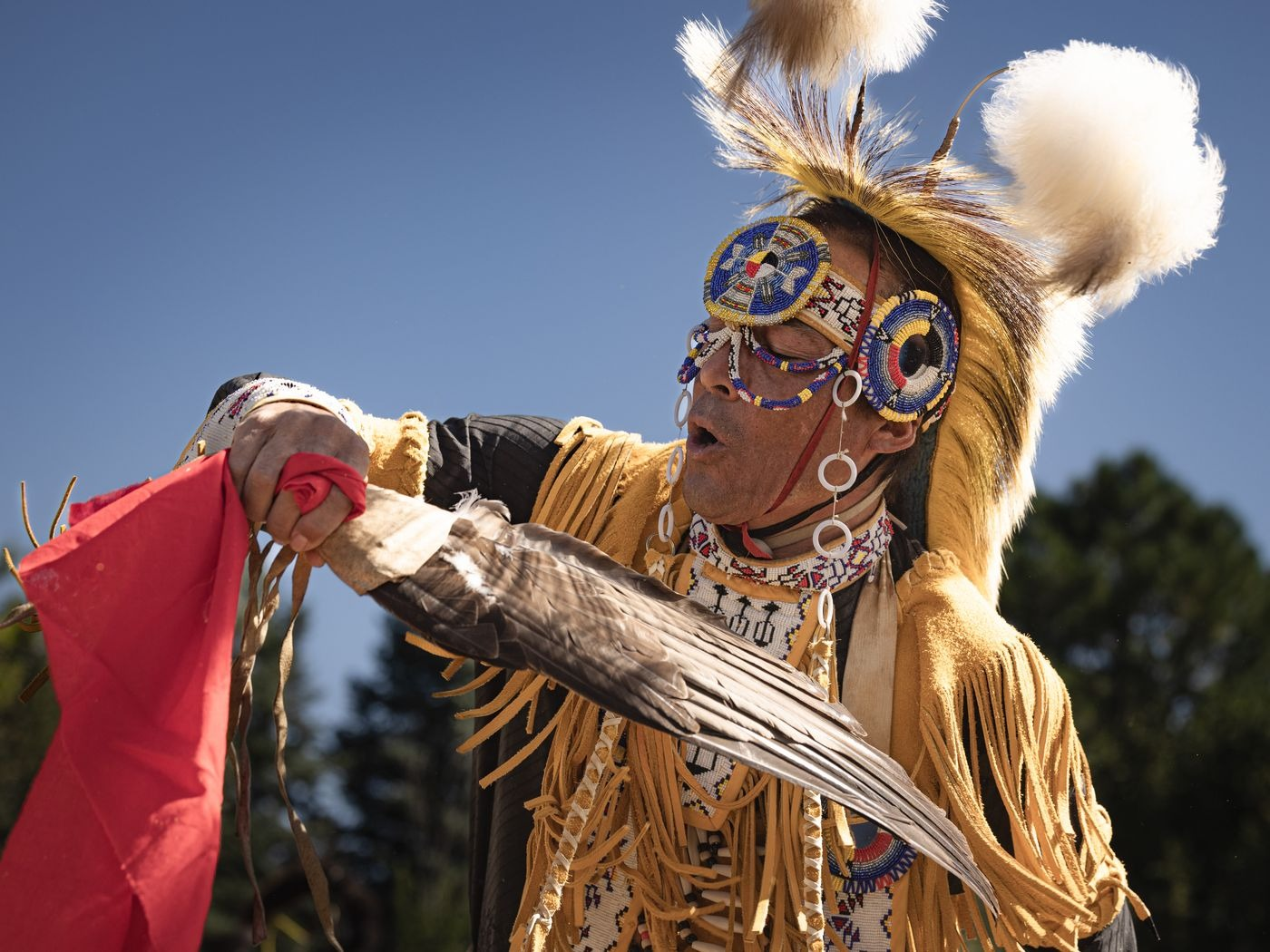
Real-World Examples: Indigenous Contributions to Society
First of all, we need to mention the Sustainable Farming Methods. Indigenous communities have been practicing sustainable farming long before it became a buzzword. They’ve mastered working with the land rather than against it.
For example, the Native American “Three Sisters” agricultural method involves planting corn, beans, and squash together. This trio of crops benefits one another: the corn provides a structure for the beans to climb, the beans fix nitrogen in the soil for the corn, and the squash leaves act as a natural mulch, keeping the ground moist and preventing weeds.
Sharing this ingenious farming technique with your kids can be a fun way to teach them about sustainability and indigenous wisdom.
Medicinal Plants and Natural Remedies are also part of the knowledge of Indigenous people in medicinal plants, many of which are still used in modern medicine today. For instance, willow bark, used traditionally by various indigenous tribes, was the basis for developing aspirin.
Take the example of quinine, an essential medicine for treating malaria, initially derived from the bark of the cinchona tree used by indigenous people in South America. These aren’t just historical footnotes; they’re living traditions that continue to contribute to global health.
Lastly, Indigenous communities often have a deep spiritual connection to the land, viewing themselves as stewards rather than owners. This perspective has led to some of humanity’s most effective conservation practices.
For example, indigenous land management techniques have been shown to preserve biodiversity and combat climate change. Teaching your children about these practices educates and instills a sense of responsibility for caring for the Earth.
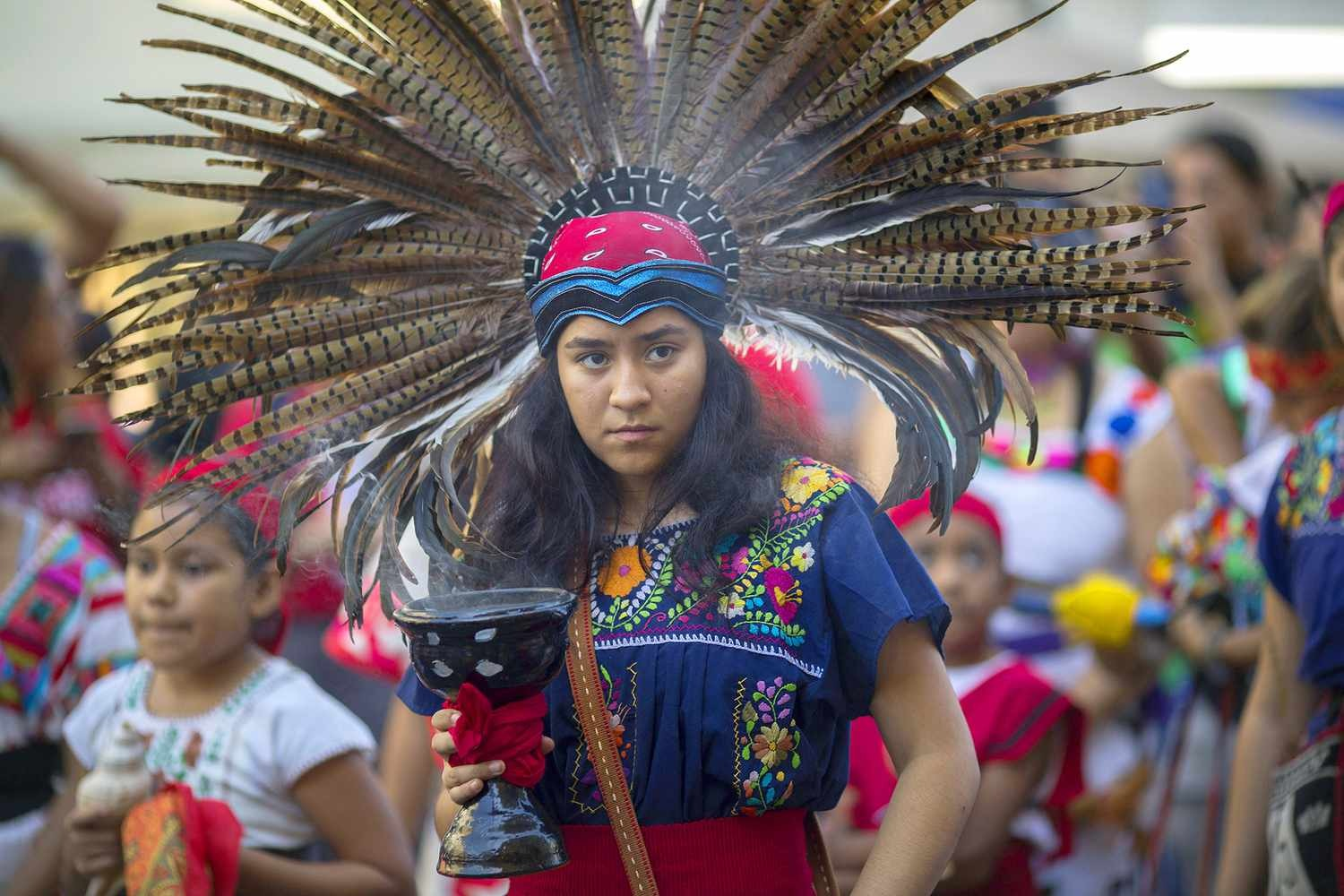
How Schools and Parents Can Collaborate in Indigenous People Day 2024
Schools are often the first place children make contact with diverse cultures and histories. Teachers can integrate indigenous studies into their history, social studies, or art class curricula.
Parents can support this by providing resources or volunteering to give guest lectures or interactive sessions. The key is to make the learning continuous and integrated, not just a one-off lesson or activity.
In addition to curriculum changes, schools can organize special activities to commemorate Indigenous People Day 2024. These actions could range from inviting indigenous speakers and artists to organizing workshops on indigenous crafts or cooking.
Parents can collaborate with teachers to help plan these events, contribute materials, or participate as volunteers. The goal is to create a more immersive and engaging learning environment beyond textbooks.
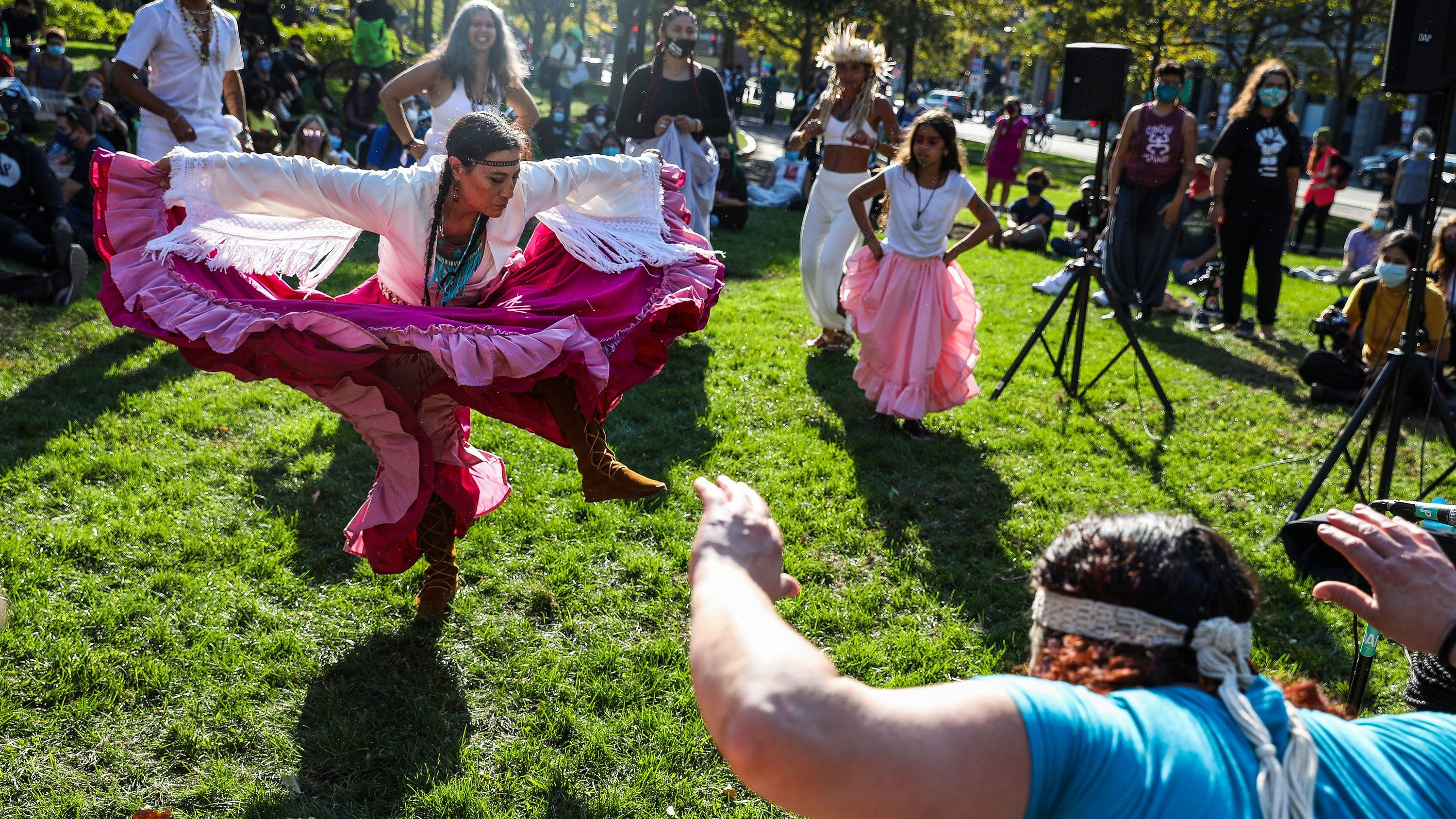
The Long-Term Benefits of Cultural Respect and Diversity
Teaching children about respect and diversity is not a task to check a list; it’s an ongoing process. The values of empathy and open-mindedness that children learn will stick with them into adulthood. They’ll help navigate a diverse world, be it in their personal relationships or professional lives. These aren’t just “soft skills” but essential life skills contributing to emotional intelligence and overall well-being.
When children grow up with a deep-rooted respect for cultural diversity, they become adults who can contribute meaningfully to creating a more inclusive society. They’re more likely to challenge stereotypes, fight against social injustices, and advocate for equality.
In the long run, these individual attitudes can add up to significant societal change. After all, today’s children are tomorrow’s leaders, policymakers, and influencers. We’re now setting the stage for a more inclusive future by instilling these values.
Conclusion
Indigenous People Day 2024 is not just another day on the calendar; it’s a fantastic opportunity to instill values of respect and diversity in our children. Let’s make the most of it by educating ourselves and our little ones about the rich and diverse cultures that make up the tapestry of our world.
What do you think? Share your experiences and tips using the hashtag #IndigenousPeopleDay2024Kids. Let’s make this a learning experience for all!


Leave a Reply